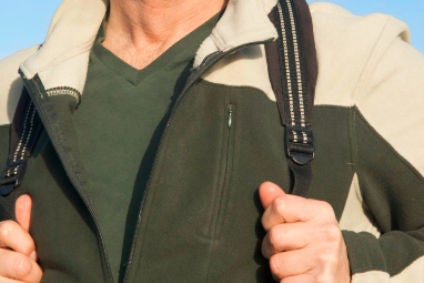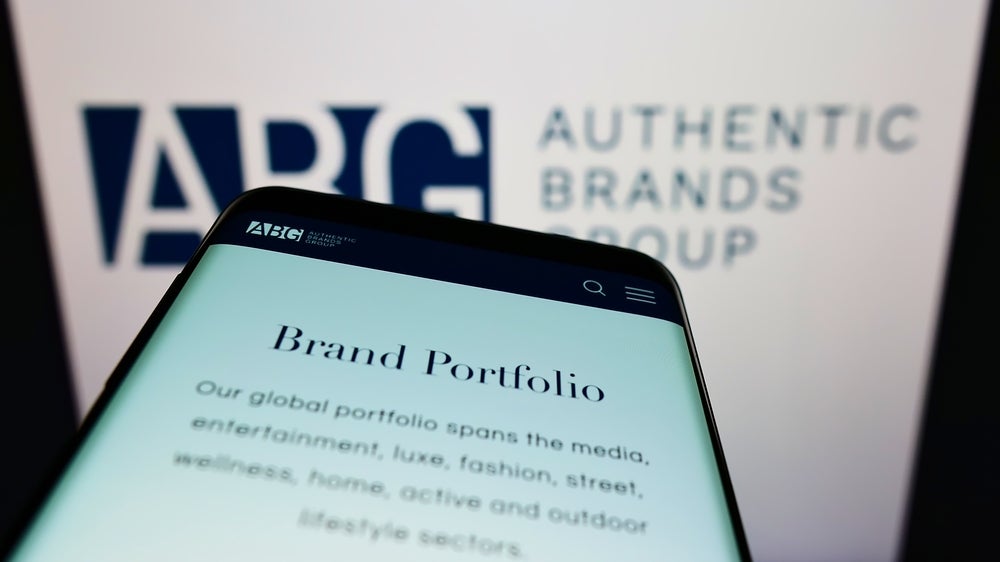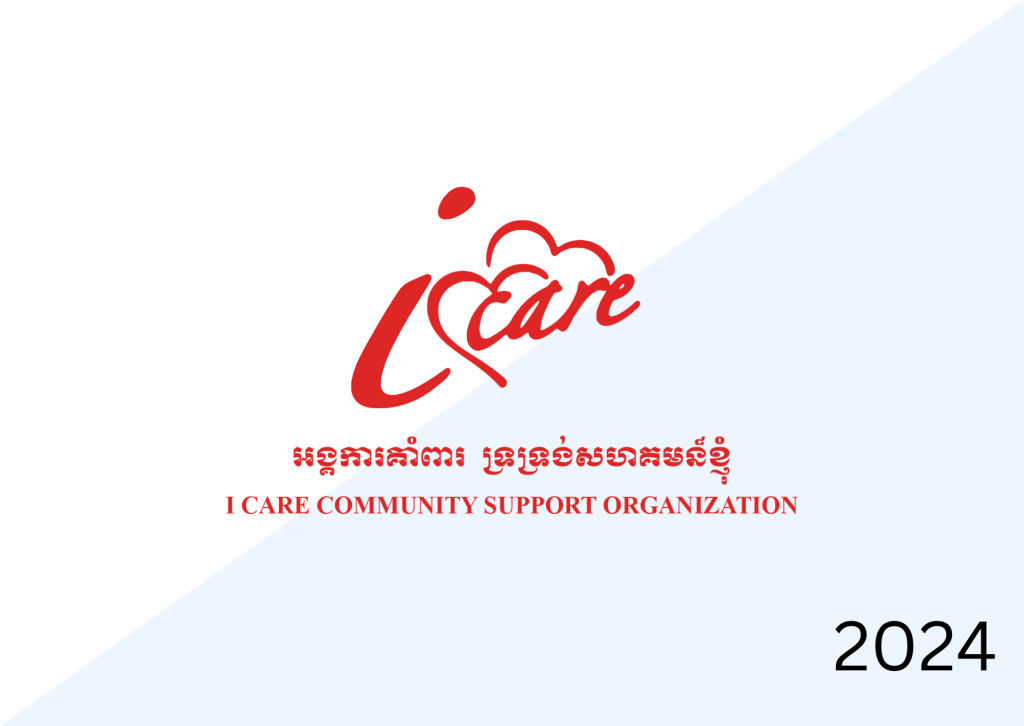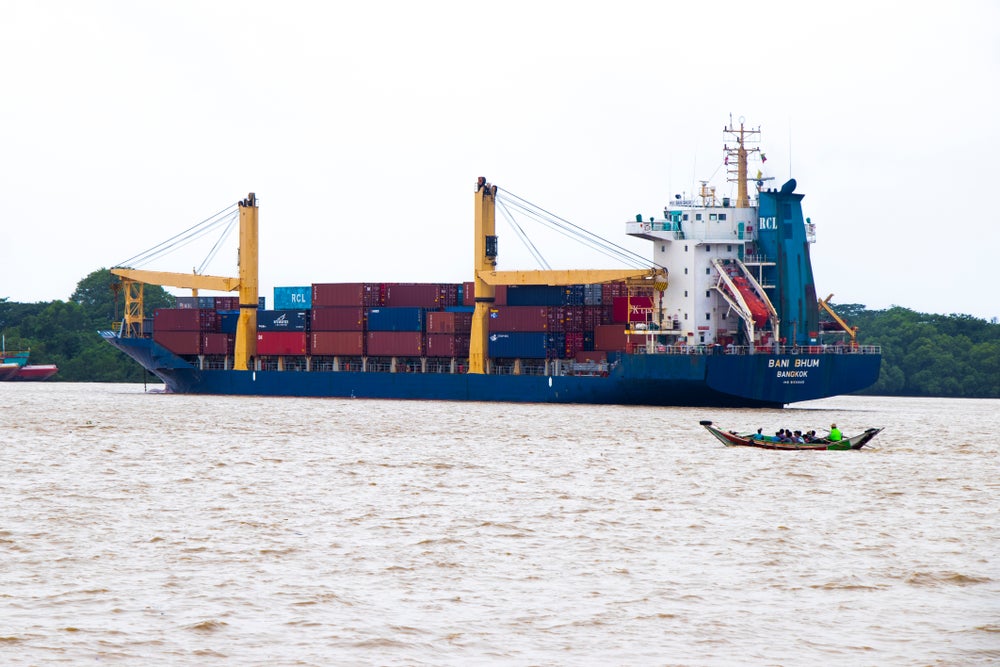
A group of European industry associations representing the global garment value chain has united to tackle the release of microfibres during the washing of synthetic textiles – one of the biggest causes of microplastics pollution in the aquatic environment.
Officially launched in Brussels today (16 January), and endorsed by the European Commission, the ‘Cross Industry Agreement’ on microplastics is seeking viable solutions to the release of these minute particles into global marine and freshwater during the entire textile lifecycle.
It is estimated that each laundry cycle creates hundreds of thousands of microfibres that are so small they pass through wastewater treatment facilities, and eventually find their way into rivers, lakes and oceans to the detriment of wildlife and the food chain.
A 2016 study pioneered by Patagonia and conducted by the Bren School of Environmental Science & Management found that one fleece jacket can shed up to 250,000 microfibres during a single wash.
The groups now working together to address the problem are the European Textile and Apparel Confederation (Euratex), the International Association for Soaps, Detergents and Maintenance Products (AISE), the European Outdoor Group (EOG), the European Man Made Fibres Association (CIRFS), and the Federation of European Sporting Goods Industry (FESI).
Between then they have a vested interest in the textiles washing process, and have committed to share their knowledge, expertise and resources to tackle the existing knowledge gaps and propose a way forward.
How well do you really know your competitors?
Access the most comprehensive Company Profiles on the market, powered by GlobalData. Save hours of research. Gain competitive edge.

Thank you!
Your download email will arrive shortly
Not ready to buy yet? Download a free sample
We are confident about the unique quality of our Company Profiles. However, we want you to make the most beneficial decision for your business, so we offer a free sample that you can download by submitting the below form
By GlobalDataTheir cross-industry coordination envisages defining common measurement methods and agreeing on reliable and harmonised test methods to identify and quantify the type of microplastic present in water and in the environment.
They also plan to share information and collaborate on research, as well as define common priorities to fill knowledge gaps and advise on mid and long-term measures.
Finally, they intend to support and participate in industrial research to investigate feasible options to tackle the release of microplastics and to contribute towards addressing a global problem.
During the first half of 2018 they plan to map actions on test methods and on-going research, and discuss potential harmonisation methodologies and conceivable cross-industry collaborations.
The goal by the end of 2018 will be to draft a proposal for the European Commission that will fill knowledge gaps to identify and quantify sources of microplastic pollution in order to work on possible solutions.







